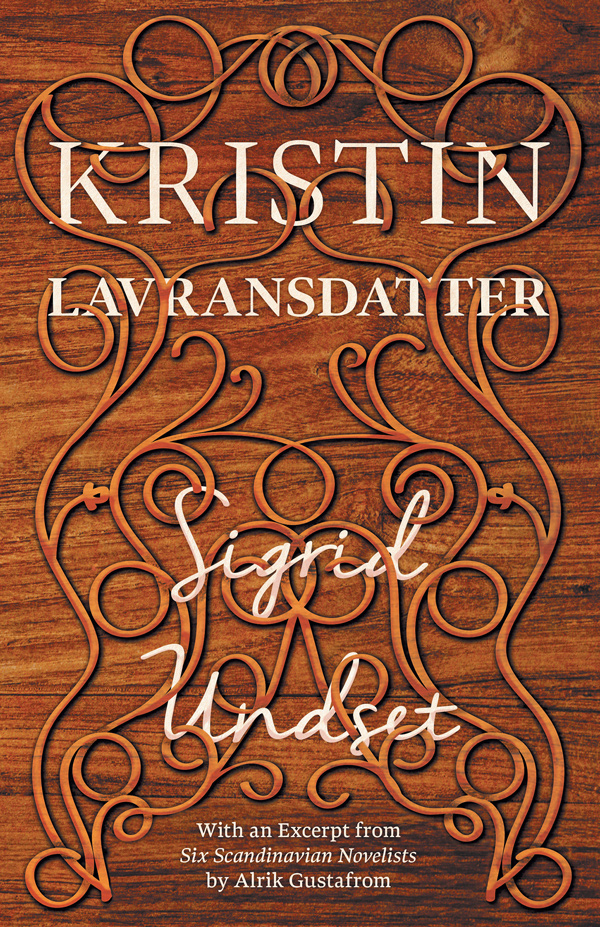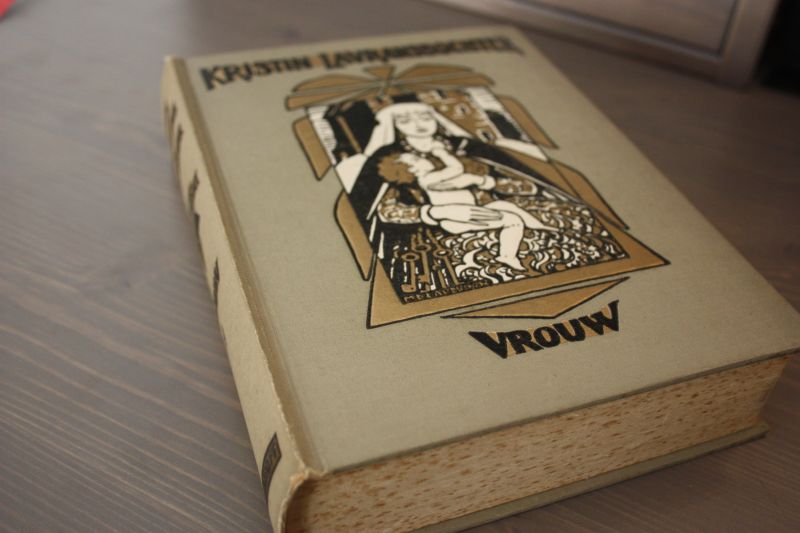

(A Scandinavian film version directed by Liv Ullmann in 1995 was plagued with production problems and received middling reviews.) Rereading the trilogy this fall, I kept thinking of Olive Kitteridge, another powerful novel about a prickly mother turned into a worthy HBO miniseries. If HBO is looking for its next miniseries, it should give Kristin Lavransdatter the proper adaptation it deserves. And in the final volume, The Cross, Kristin watches her sons grow up and, oh, by the way, reckons with the future of her immortal soul. (The also-ran isn’t an awful guy she could tolerate him “especially when he was talking to the others and did not touch her or speak to her.”) In the second book, The Wife, she gives birth to many sons and deals with the fallout of her husband’s rash meddling in royal politics. (I won’t spoil major plot twists here, but if you’re worried, stop reading this and just go buy the books already.) In The Wreath, Kristin meets the great love of her life, who is not the man her parents chose for her.


Kristin Lavransdatter’s three volumes total more than 1,000 pages, which follow the daughter of a wealthy farmer from age 7 through her dramatic death. Vollmann told the New York Times that Kristin was his favorite fictional character, noting correctly that the trilogy “bears many rereadings.” These days, Undset encomia are a staple on Catholic-interest websites, and certain corners of literary Twitter flog the series relentlessly. Nunnally’s elegant interpretation strips the text of the leaden medieval-isms (“methought,” “belike”) favored by the previous English version. Her rescue from literary obscurity started in 1997, with the release of the first volume of Tiina Nunnally’s new translation into English from the Norwegian. In recent years, however, there have been signs that Kristin Lavransdatter is beginning to build up an international following to rival her domestic one.


 0 kommentar(er)
0 kommentar(er)
